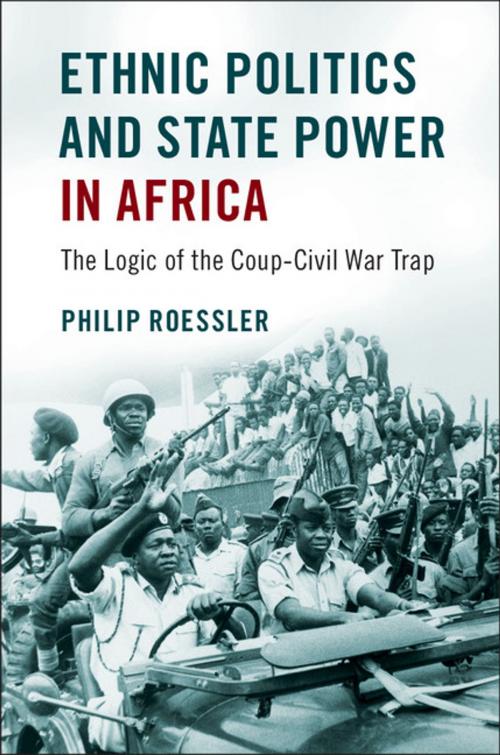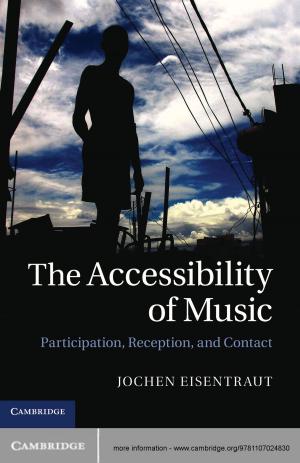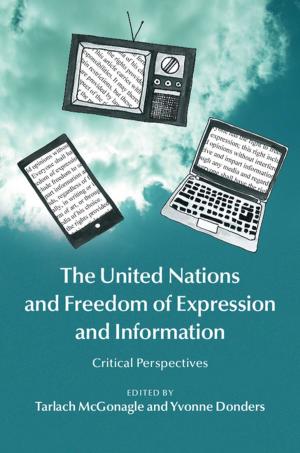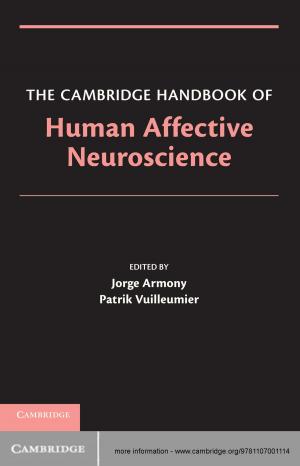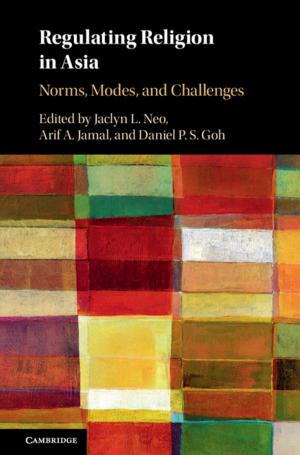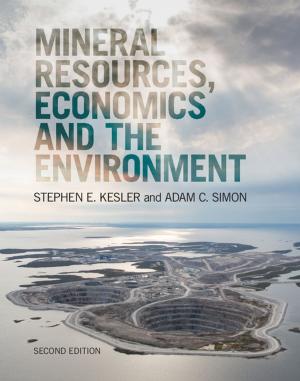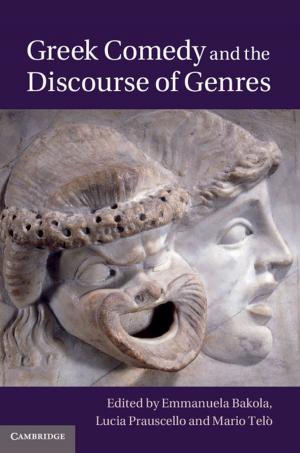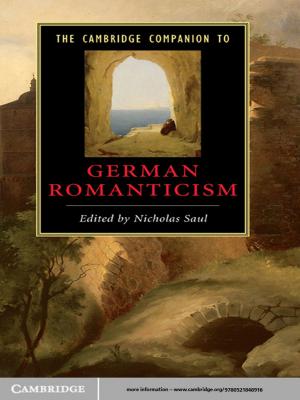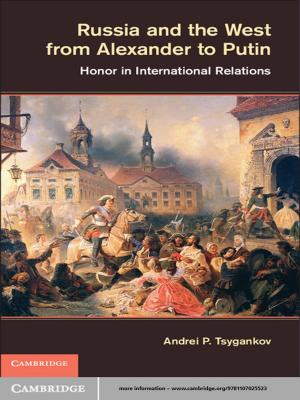Ethnic Politics and State Power in Africa
The Logic of the Coup-Civil War Trap
Nonfiction, Social & Cultural Studies, Political Science, International, Foreign Legal Systems, Government| Author: | Philip Roessler | ISBN: | 9781316812099 |
| Publisher: | Cambridge University Press | Publication: | December 15, 2016 |
| Imprint: | Cambridge University Press | Language: | English |
| Author: | Philip Roessler |
| ISBN: | 9781316812099 |
| Publisher: | Cambridge University Press |
| Publication: | December 15, 2016 |
| Imprint: | Cambridge University Press |
| Language: | English |
Why are some African countries trapped in vicious cycles of ethnic exclusion and civil war, while others experience relative peace? In this groundbreaking book, Philip Roessler addresses this question. Roessler models Africa's weak, ethnically-divided states as confronting rulers with a coup-civil war trap - sharing power with ethnic rivals is necessary to underwrite societal peace and prevent civil war, but increases rivals' capabilities to seize sovereign power in a coup d'état. How rulers respond to this strategic trade-off is shown to be a function of their country's ethnic geography and the distribution of threat capabilities it produces. Moving between in-depth case studies of Sudan and the Democratic Republic of the Congo based on years of field work and statistical analyses of powersharing, coups and civil war across sub-Saharan Africa, the book serves as an exemplar of the benefits of mixed methods research for theory-building and testing in comparative politics.
Why are some African countries trapped in vicious cycles of ethnic exclusion and civil war, while others experience relative peace? In this groundbreaking book, Philip Roessler addresses this question. Roessler models Africa's weak, ethnically-divided states as confronting rulers with a coup-civil war trap - sharing power with ethnic rivals is necessary to underwrite societal peace and prevent civil war, but increases rivals' capabilities to seize sovereign power in a coup d'état. How rulers respond to this strategic trade-off is shown to be a function of their country's ethnic geography and the distribution of threat capabilities it produces. Moving between in-depth case studies of Sudan and the Democratic Republic of the Congo based on years of field work and statistical analyses of powersharing, coups and civil war across sub-Saharan Africa, the book serves as an exemplar of the benefits of mixed methods research for theory-building and testing in comparative politics.
